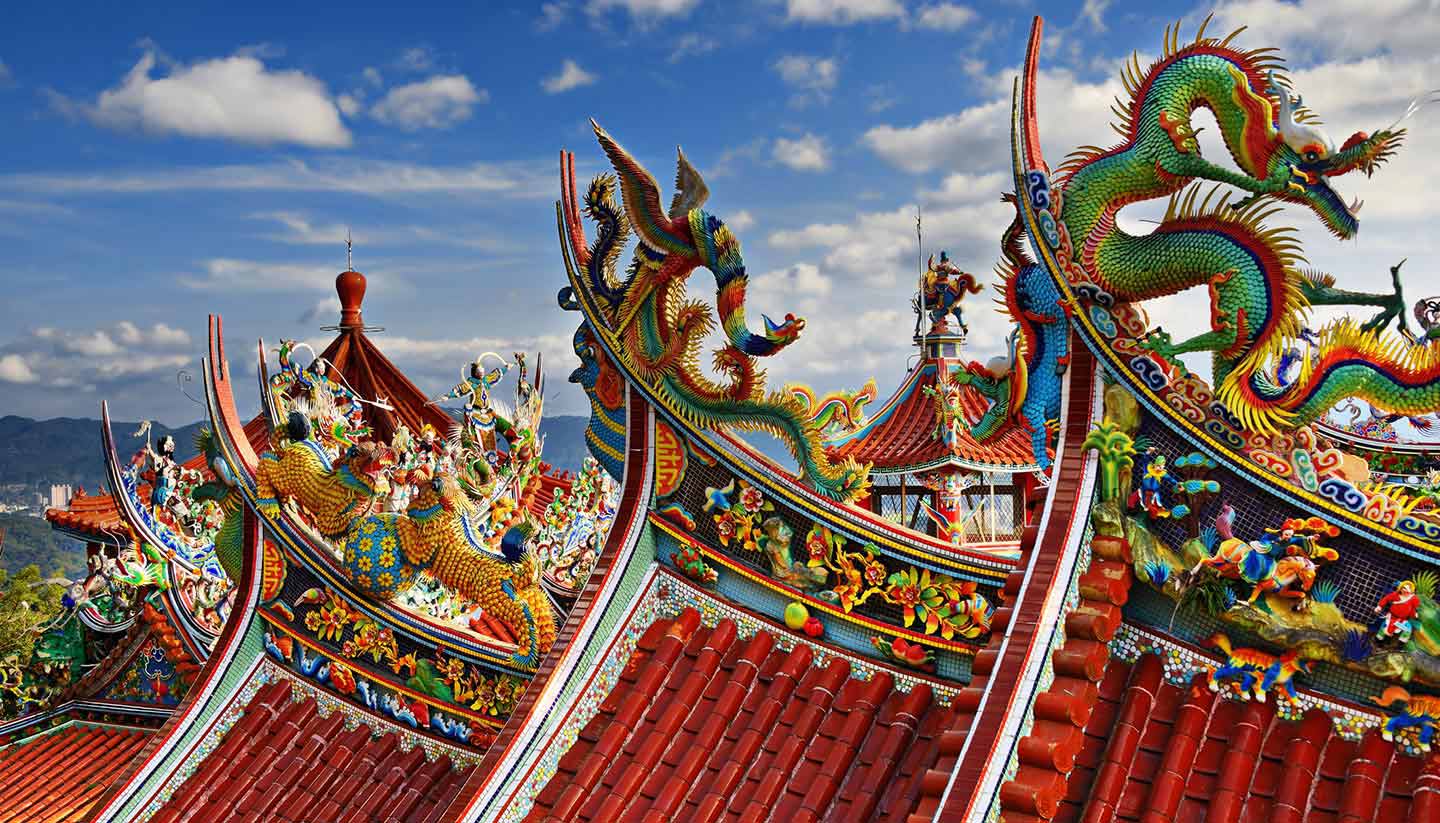Taipei History
The bright lights of the city of Taipei were not always shining quite so bright.
Originally an enormous lake bordered by mountains, the Taipei basin is where the city’s history begins.
The first residents were members of an aboriginal Ketagalan Tribe. These early birds were of Malay-Polynesian descent but retreated into the mountains when the Dutch and the Spanish settled in.
A Dutch navigator on a Portuguese ship had seen the island and named it ‘Ilha Formosa’ meaning ‘Beautiful Island’. Little did he know that this name would stick for around 400 years.
The Dutch, after taking over the Spanish territory, constructed a fortress and proceeded to call the land ‘Tayouan’ (meaning ‘Terrace Bay’) which eventually progressed to ‘Taiwan’.
The Dutch hired groups of Chinese workers who ultimately decided to stay put. The newcomers developed relationships with the aboriginal tribes and as a result the first officially Taiwanese people were born.
In the early 1660s, Koxinga (Zheng Cheng-Gong), a Chinese pirate, defeated the Dutch citizens and claimed Taiwan. Taipei officially became part of the Tianxing County in China.
The Qing Dynasty marked Taiwan as part of their territory in 1683, and the island thrived politically and economically.
In 1884 Taipei officially became a city, and in 1887 it turned into a province. In the late 1890s, when Japan occupied the island, they improved the infrastructure and tore down the city wall that had originally been built by the Qing Dynasty.
The Japanese were expelled in 1945 and a new administration was founded, setting the groundwork for Taiwan’s independence five years later.
Taiwan soon became known as a republic, or more formally as the ROC: Republic of China.
Many citizens of Taiwan consider the island independent of China and wish to be recognised as a separate country. Tension between Taiwan and China continues to exist, although in 2010, a historic trade pact signalled a breakthrough in relations.
Did you know?
• Taipei 101 was the world’s tallest building from 2004 to 2010.
• Taipei hosted the 21st Summer Deaflympics in 2009.
• The city government introduced free public Wi-Fi in 2011.


